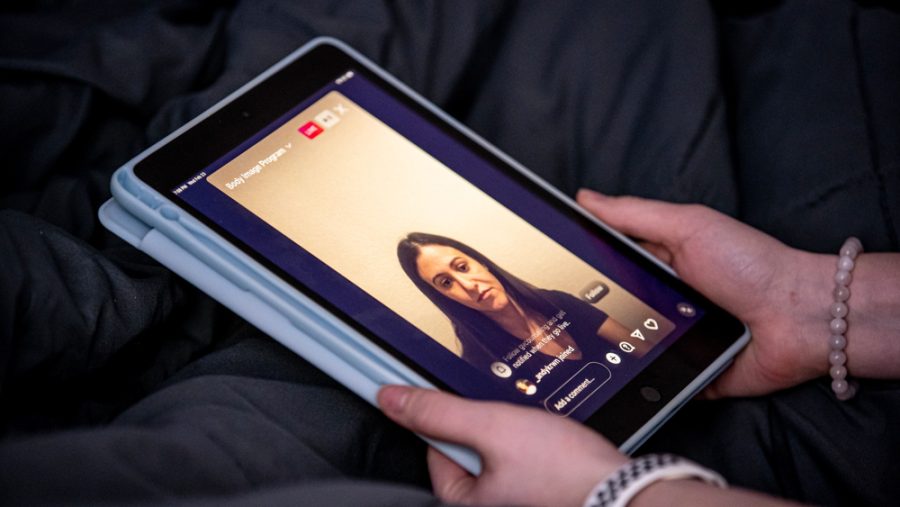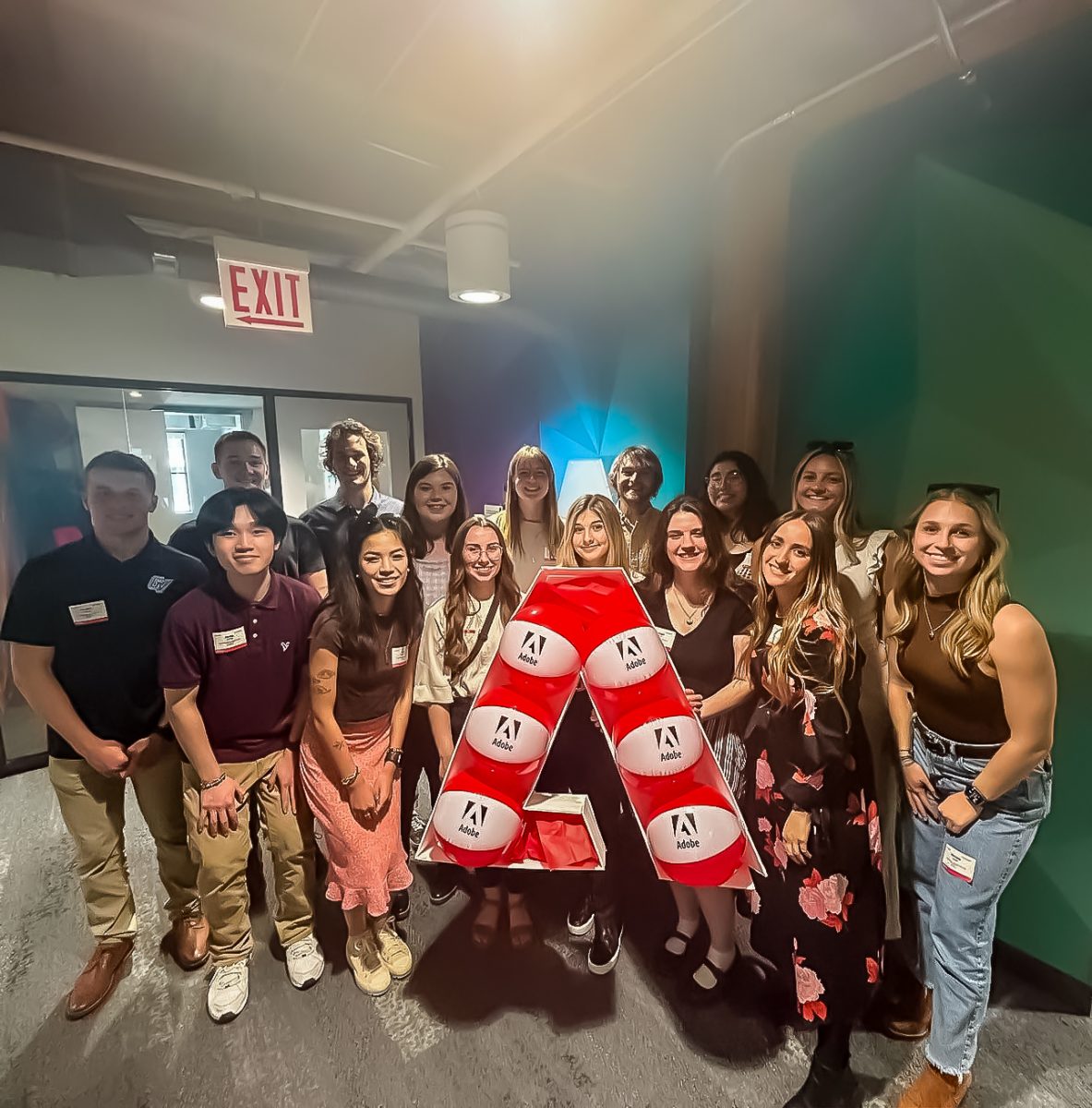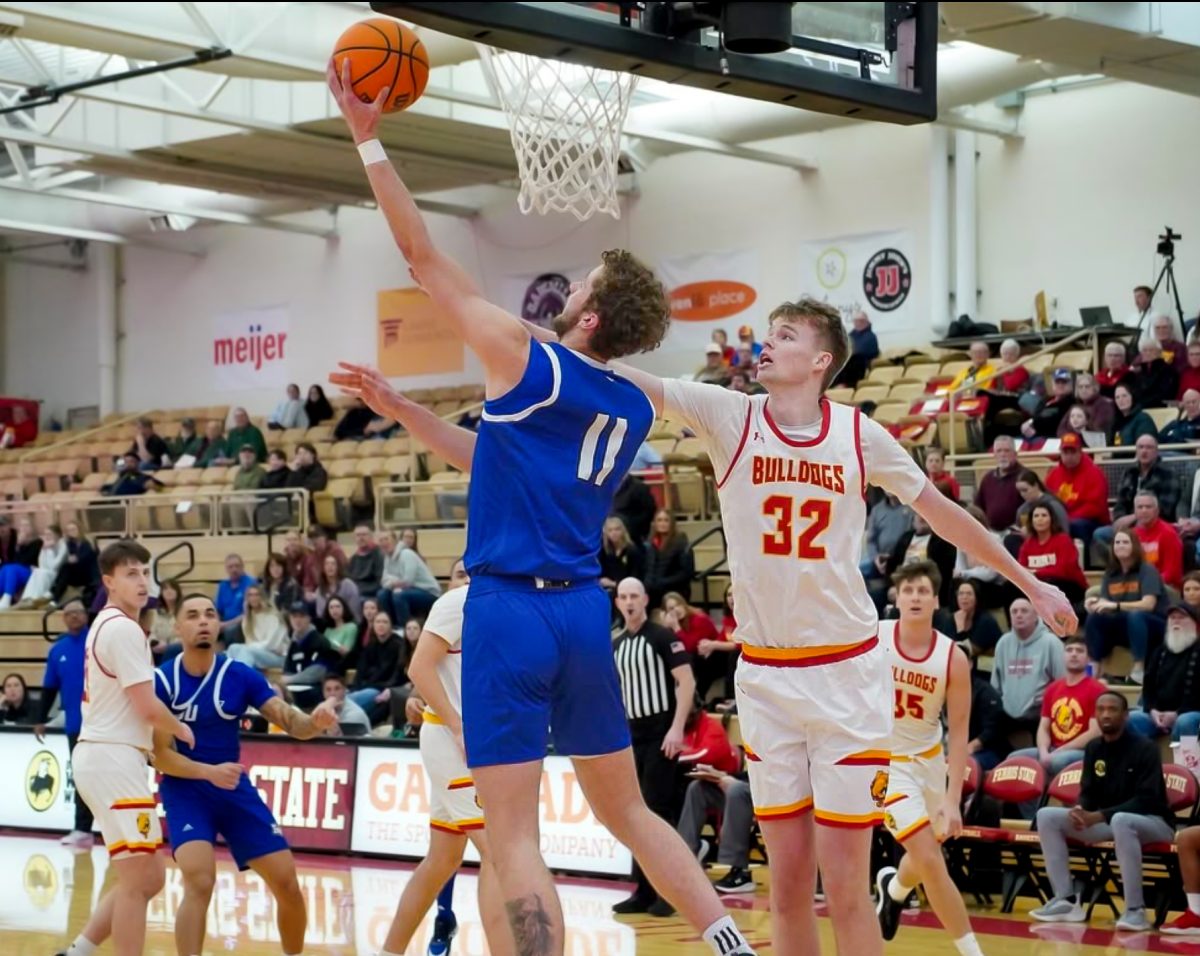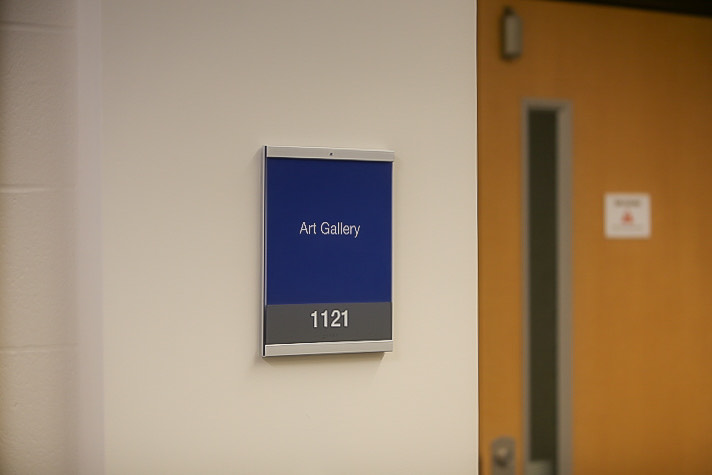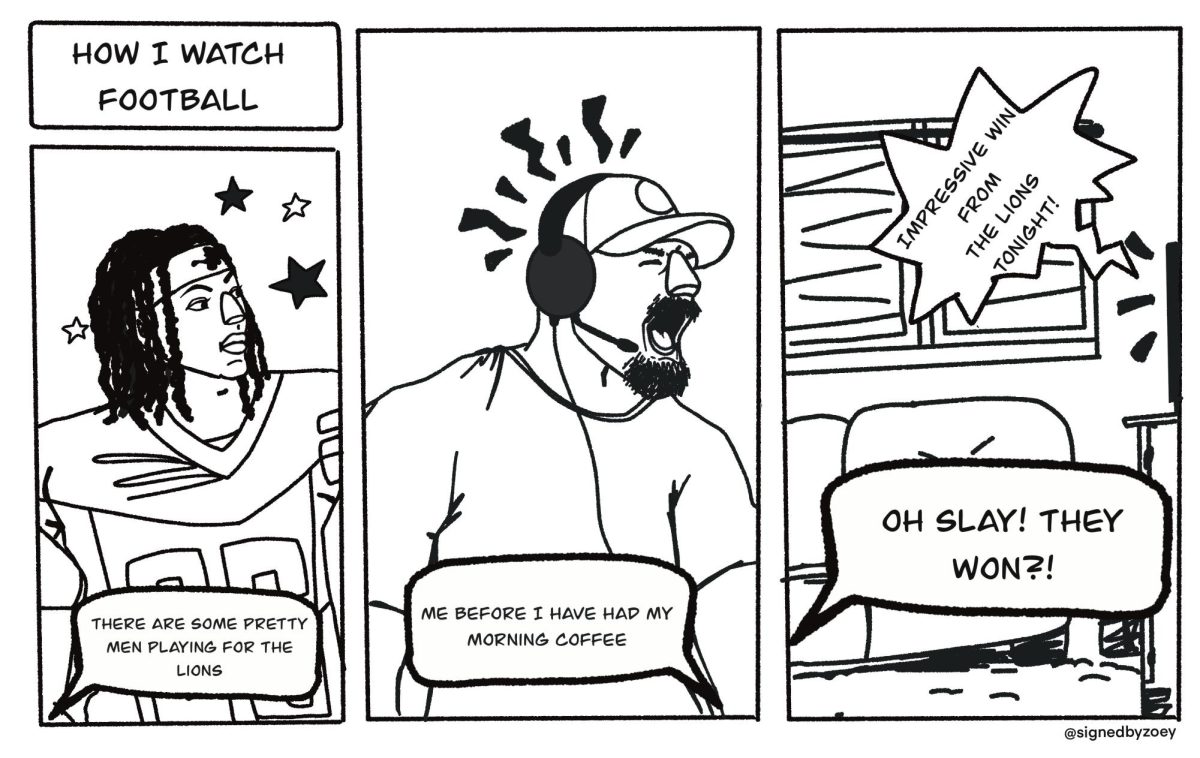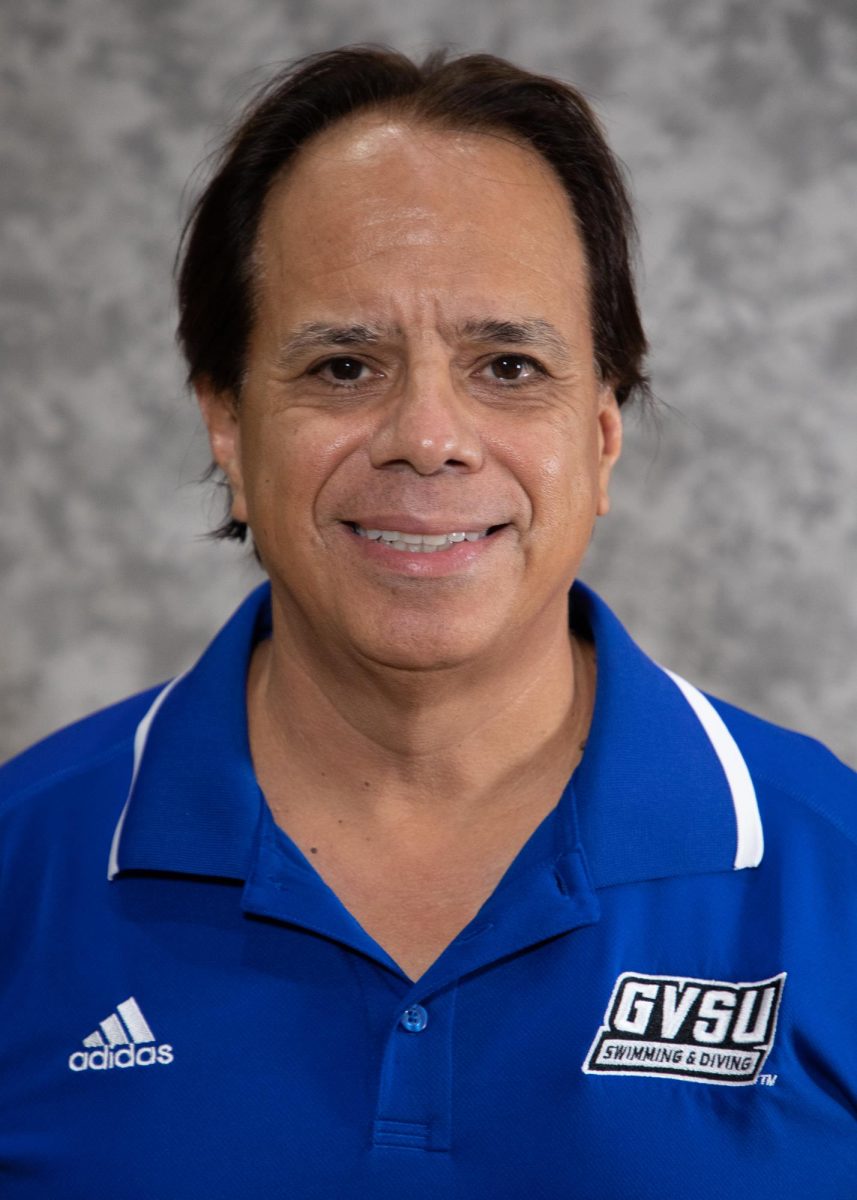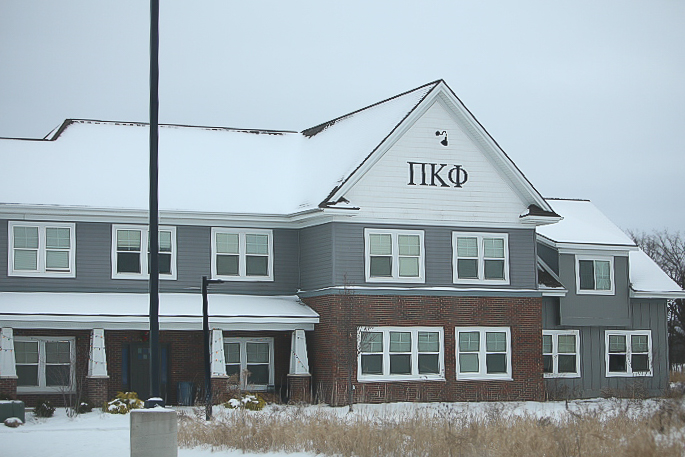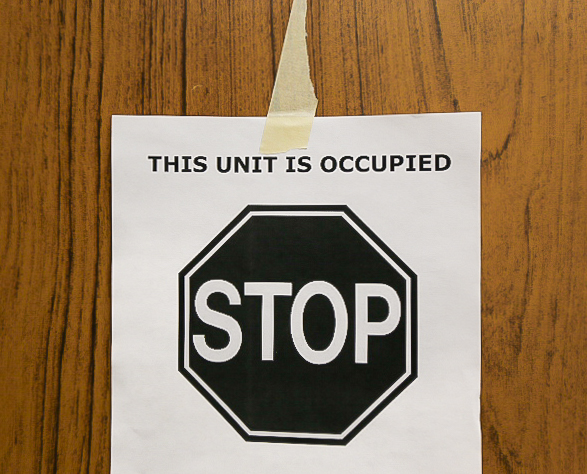Counseling Center discusses body image and its involvement with media
Feb 28, 2022
The Grand Valley State University Counseling Center hosted an event titled “Body Image” on Feb. 24 to bring awareness to how various kinds of media impact body and self-image. It was hosted concurrently with National Eating Disorder Screening Day.
Nancy Graies, a doctoral intern at GVSU, hosted the Instagram Live meeting to introduce the idea of body image, explain misconceptions and provide resources for people struggling with body image issues. She explained that body image can be positive, negative or even both and is affected by social, cultural and environmental factors.
Body image is made up of four main factors: self-perception, how one feels about one’s body, how one believes others perceive them and how one behaves as a result of body image. Graies said all of these factors can contribute to satisfaction or acceptance of their body and the way it looks. They can also lead to dissatisfaction, which can cause people to engage in unhealthy behaviors in order to change the way they look.
“Someone who has a positive body image is comfortable in their own skin,” Graies said. “It leads to higher levels of physical and psychological well being and leads to better psychological development.”
Graies explained that 74% of average-weight women and 46% of average-weight men reported being unhappy with their weight and appearance. These negative self-images start at a young age when children start internalizing their surroundings, such as family, friends and more notably, the media. Graies’ report showed that 80% of children who are 10 years old are afraid of being overweight.
“We live in this media saturated world and are bombarded with images and we spend more time than ever using technology, using media and there are messages everywhere telling us how we should look and feel like,” Graies said. “That can reduce someone’s confidence overall.”
Women are constantly receiving messages that make them believe that being thinner, leaner and prettier will lead to personal and professional success. Men are often told to be bigger, stronger and more muscular and if that is achieved they will be happy, loved and successful.
These messages can be detrimental to positive body image, which is why GVSU and other universities have followed through with National Eating Disorder Screening Day and provided resources to help students who’re struggling, know someone who is, or are interested in the topic. National Eating Disorder Screening Day allowed students to get more information about the topic even if they have undecided feelings about it.
“It helps destigmatize the use of mental health services and helps break down barriers for students who may not always have access,” said Director of Prevention and and Community Education Melissa Selby-Theut. “Stigmas are changing over time, but they still persist.”
Although National Eating Disorder Screening Day has passed, there are free online mental health screenings accessible online 24/7 for general mental health concerns, eating disorders and anxiety concerns.
“Using online mental health screening is a way to get more information even if students might not need or feel ready to reach out to counseling services,” Selby-Theut said.
For students who are interested in taking an online screening test, the Counseling Center offers free anonymous screenings for everyone. After the screening, students are provided with various choices on how to proceed, resources about their results and possible next steps. All of the information is confidential and anonymous and it’s up to students to reach out first.
Services are being provided in face-to-face and hybrid formats on both campuses for any type of mental health service. Although Body Image was focused on self-image and eating disorders, the Counseling Center is happy to help students struggling with topics beyond body image issues.
“We know that from a community prevention perception that screenings are the best ways to protect a community,” Selby-Theut said. “We want to offer help to students.”
Screenings are available at the Counseling Center’s website. For more questions or concerns, the Counseling Center can be reached by email or phone.




